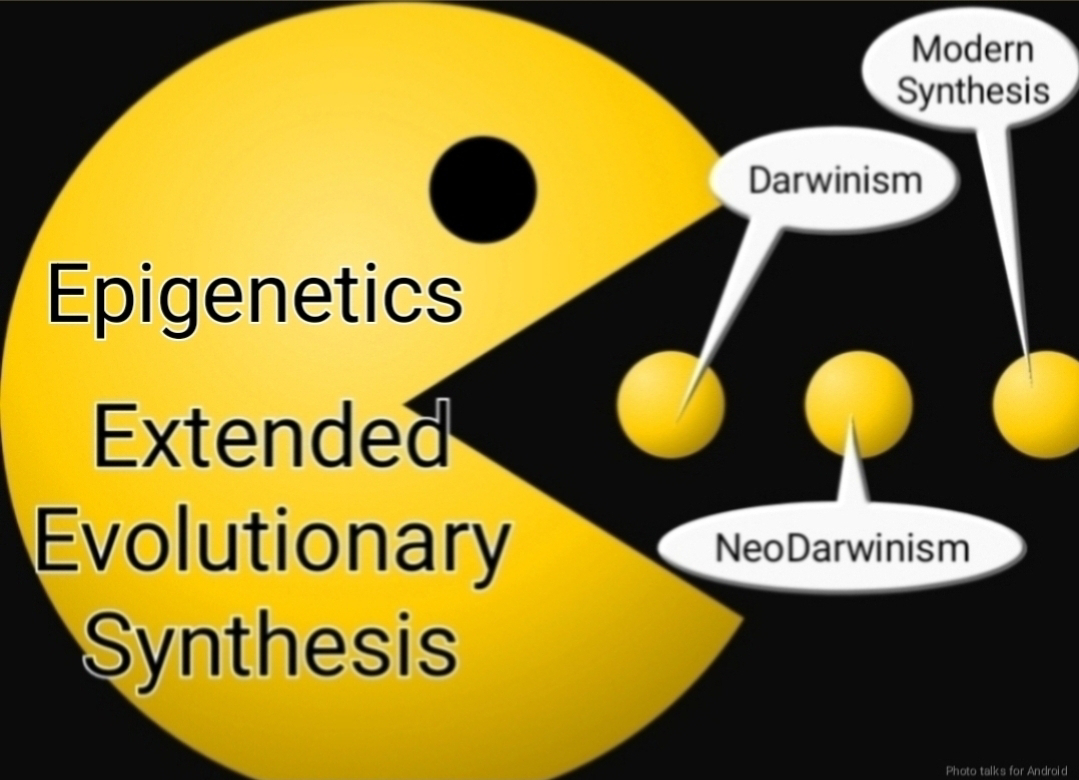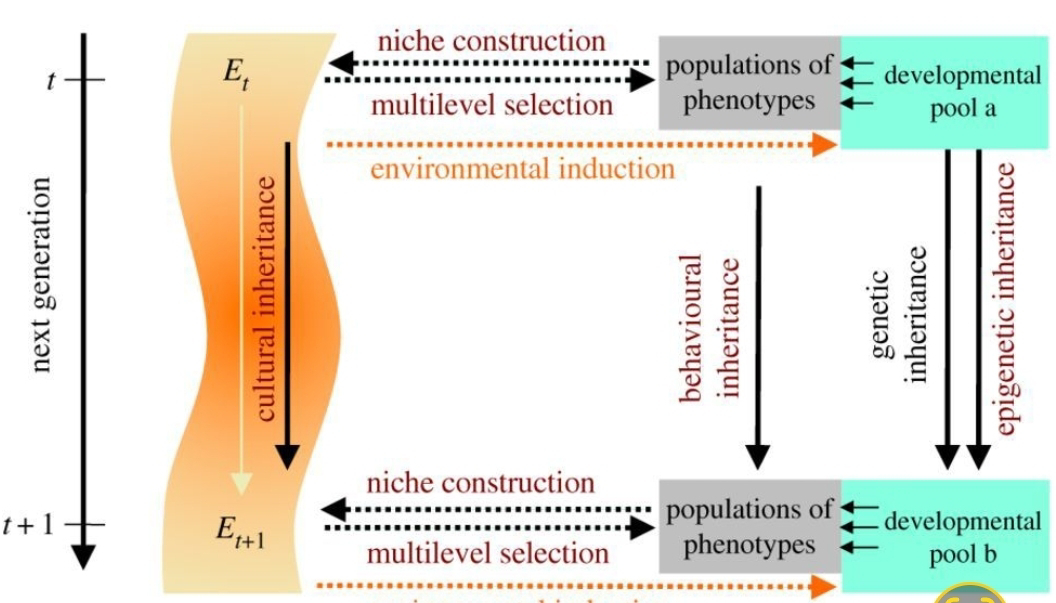Evo-Devo's Contributions to the Extended Evolutionary Synthesis

The Extended Evolutionary Synthesis (EES) is a developing field that challenges the traditional neo-Darwinian understanding of evolution. It incorporates new insights from various disciplines, including evolutionary developmental biology ("evo-devo"), to provide a more comprehensive view of how evolutionary change occurs. Evo-devo focuses on the interplay between development and evolution, examining how changes in developmental processes can lead to the emergence of new traits and drive evolutionary diversification. This article will explore the significant contributions of evo-devo to the EES, highlighting how it has reshaped our understanding of evolutionary processes. Challenging the Gene-Centric View Traditional neo-Darwinism places a strong emphasis on genes as the sole carriers of heritable information. Evo-devo challenges this gene-centric view by emphasizing the role of developmental processes in shaping phenotypic variation. It argues that evolution is n...




